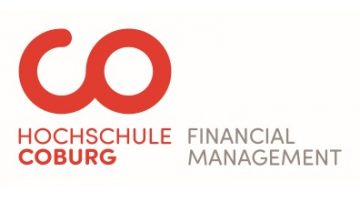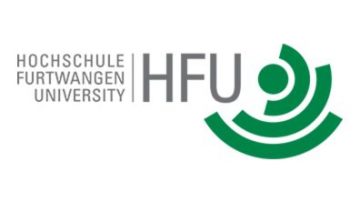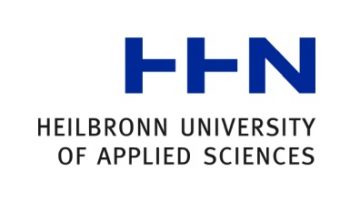Digital Public Lecture "In-between Cities"
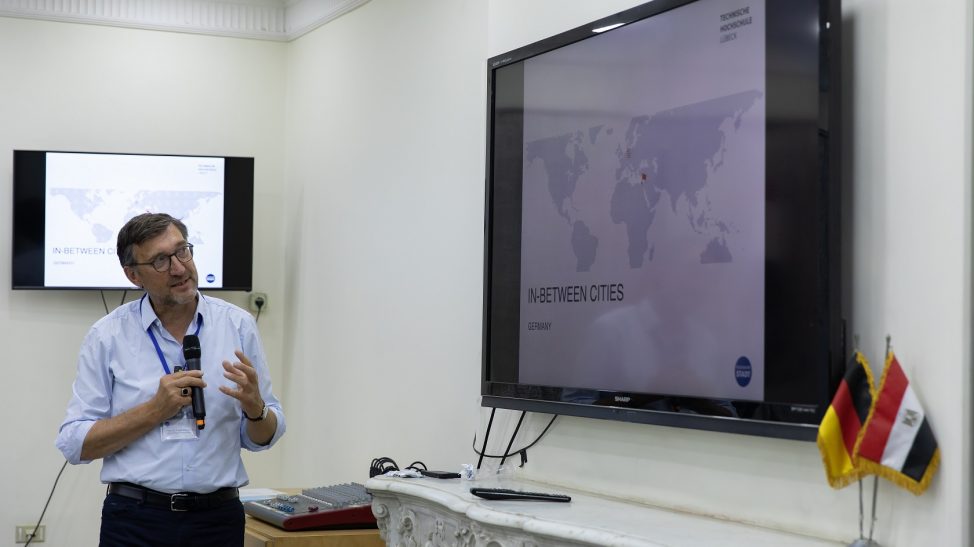
The event gathered the interested public, researchers and experts from urban planning, architecture and urban-rural development in a presence format on the premises of the DAAD Regional Office Cairo for the first time since the beginning of the corona pandemic. While the focus of sustainable development is often on big cities or rural areas, this public lecture aimed to take a closer look into the intermediate spaces, the so-called ‘peri-urban settlement areas’ on the fringes of fast-growing metropolises or small and medium-sized towns on the edge of metropolitan areas. Within the Urbanism-Cluster of COSIMENA, Prof. Frank Schwartze from the Technische Hochschule Lübeck gave an insight into sustainable peri-urban development with a specific focus on South-East Asia and Germany.
Prof. Frank Schwartze started to challenge the perception that there “is a clear distinction between rural and urban development” as this separation can mislead the expected outcome of development strategies. With this in mind, the presentation evolved with the specific focus “on the topic of the title ‘in-between cities’ […] [and] what we call urban and rural”. With case studies from Germany and the Southern Region of Vietnam, Prof. Schwartze framed the relevance and scope of different spatial structures with those real-life examples. These ‘in-between cities’ are not reflected in commonly used system models such as secondary cities, intermediate cities or towns and their hinterland economy – to only name a few – but are described by the idea that these are sub-region towns of small cities, scattered around the larger cities.
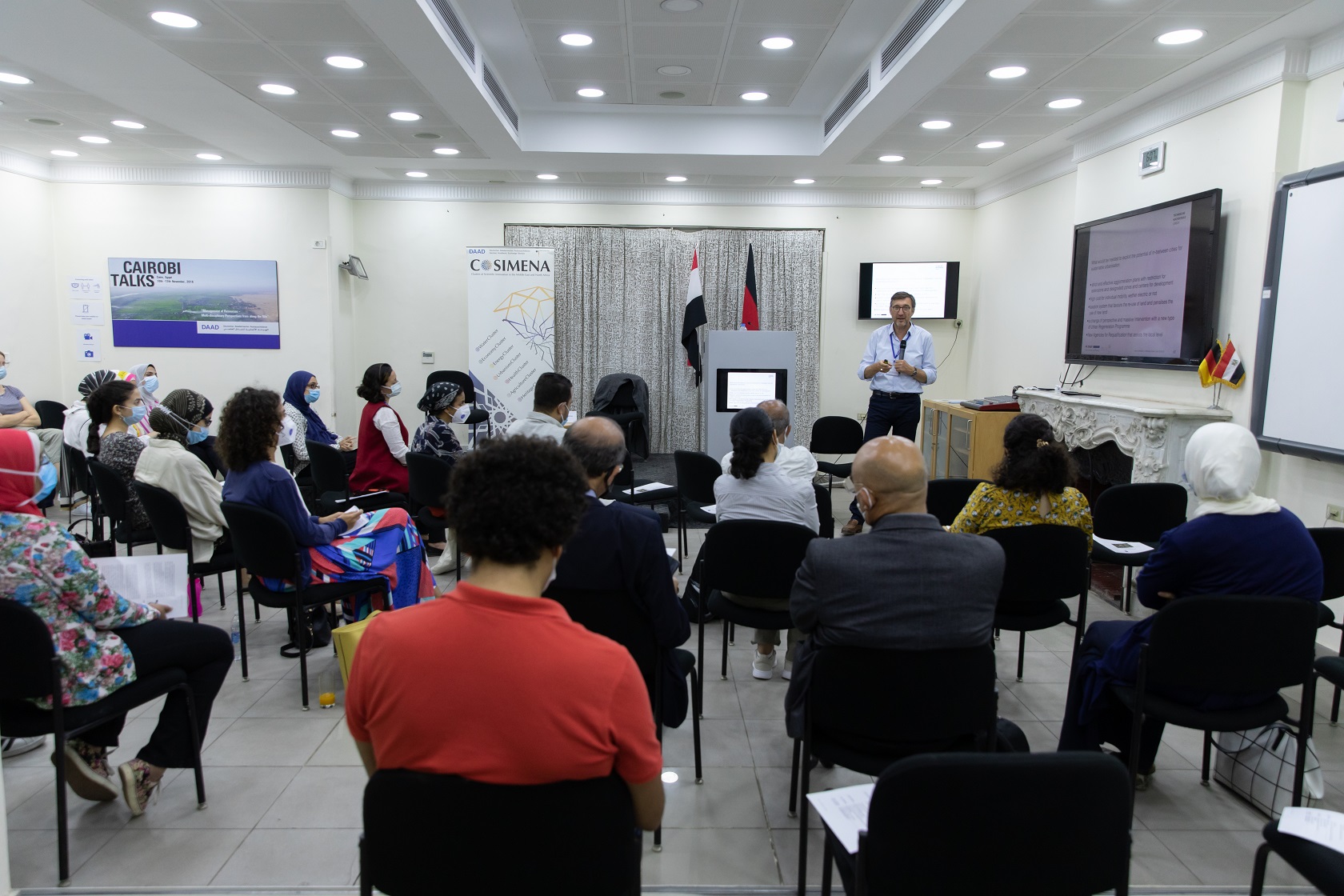
Prof. Schwartze answering the questions of the audience.© WUPY
The Intergovernmental Panel on Climate Change (IPCC) report of the working group 8 on climate change and mitigation issues served as an essential information resource, which described the need for “integrated spatial planning to achieve compact and resource-efficient urban growth as well as colocation, mixed land use and transit-oriented development” to reduce greenhouse gas emission. Prof. Schwartze utilized relevant insights of the report for the Public Lecture to illustrate how sustainable cities should be planned. To achieve one of the IPCC’s stated goals of reducing land consumption, a need to focus on existing structures and their logic is a crucial key factor in implementing successful yet sustainable strategies for individual spatial development following the specific demands. Furthermore, the IPCC highlights the benefits of more compact cities which are dense, multilayered and enable easy movement through short distances substituting cars through walking, cycling and public transportation.
Reflecting further on language and its power to shape notions, the disaggregation between ‘peri-urban settlement’ of developing countries and ‘sub-urban settlement’ of developed countries got addressed. Prof. Schwartze distinguished how “peri-urban is defined in relation to what is an urban center […] in dependency of what is defined as ‘urban’”, while ‘sub-urban’ is understood in the west as ‘urban’ on a lower scale but without any dependency to other urban centers. Interestingly, both terms consolidate on the same spatial structure but are influenced by prevailing bias and the fixed geographical location.
Through the vivid insight into the examples of Germany and the Southern Region of Vietnam, the participating audience got a glimpse into country-specific challenges such as sustainability and function while discussing at the same time the unique potential of ‘in-between cities.
As the Public Lecture presented by Prof. Frank Schwartze provided a vast and interesting insight into concepts, approaches and research results, the concluding Q&A session was defined by further valuable contributions from the audience. Especially the on-site character of the event, under precautious measurements against Covid-19, a highly dynamic, interpersonal, and vivid exchange that continued in the spacious garden of the DAAD Regional Office Cairo.
